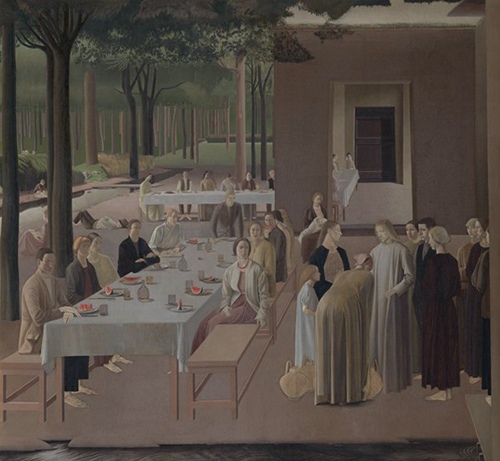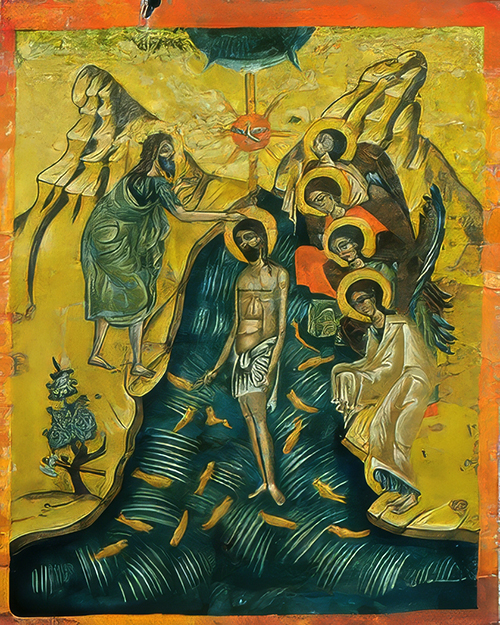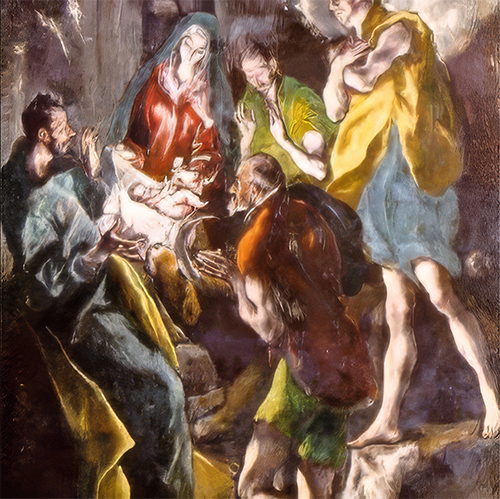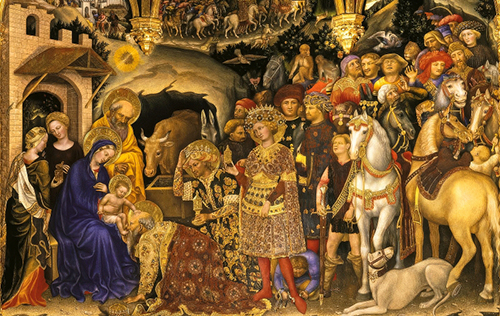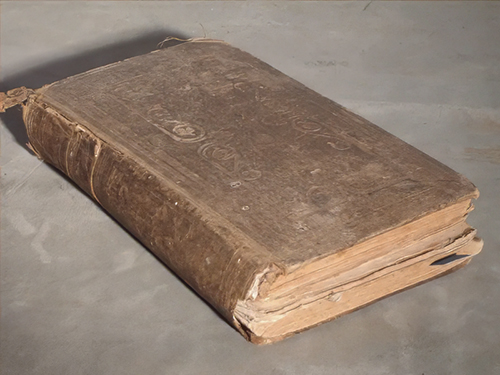
One day a young boy was herding his goats along the dusty road that lead from his village.
Lying on the road was an elderly gentleman. The gentleman was dead.
Hurrying back to the village the boy called the adults and explained the situation.
A group of older men went out and found the elderly gentleman just as the boy had said.
They looked for some item that might identify the dead person, without any success. All the dead man had was an old rucksack which contained a shirt and a very old and well used book.
The villagers buried the dead man and took possession of the book.
The book was well used and by its appearance had been out in all conditions.
The lettering on its cover was so faint and faded it made its title unintelligible.
The book was full of stories and each night, after haven eaten, the villagers gathered round the fire and in turn read a story aloud.
The central character leaped out at them from the book’s musty pages.
This man was full of vitality yet possessing great gentleness and compassion.
He never seemed to stay in one place for too long, however spent time with persons who were sick or in some way needy.
The beauty and authority of his words made a deep impression on the villagers.
Slowly, the villagers would reread each story, each time finding something new.
Without being aware of it happening each took something from the central character ‘s life and tried to imitate his behaviour in the way they lived.
The more the book was used and read the more fragile became is pages until it became too unstable too handle.
As a result, the villagers wrapped the book in a cloth.
The book was no longer opened; however, the villagers continued their ritual of gathering after they had eaten each night and took turns at recounting the stories by heart.

